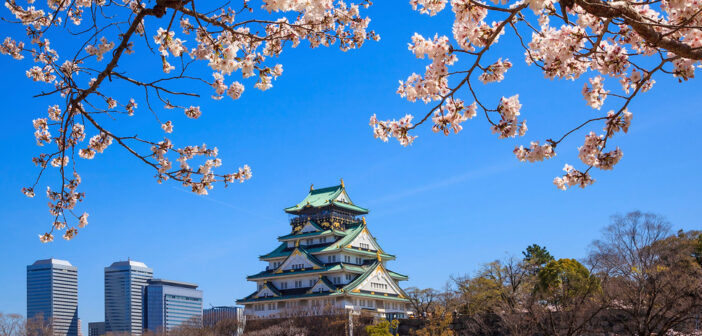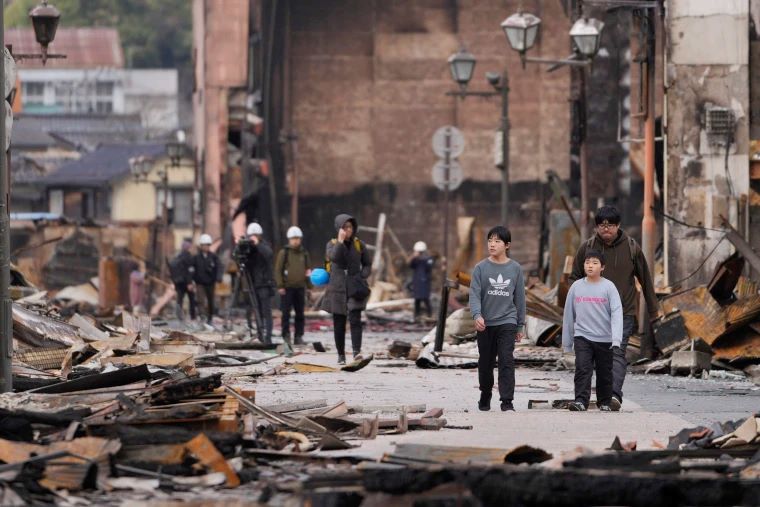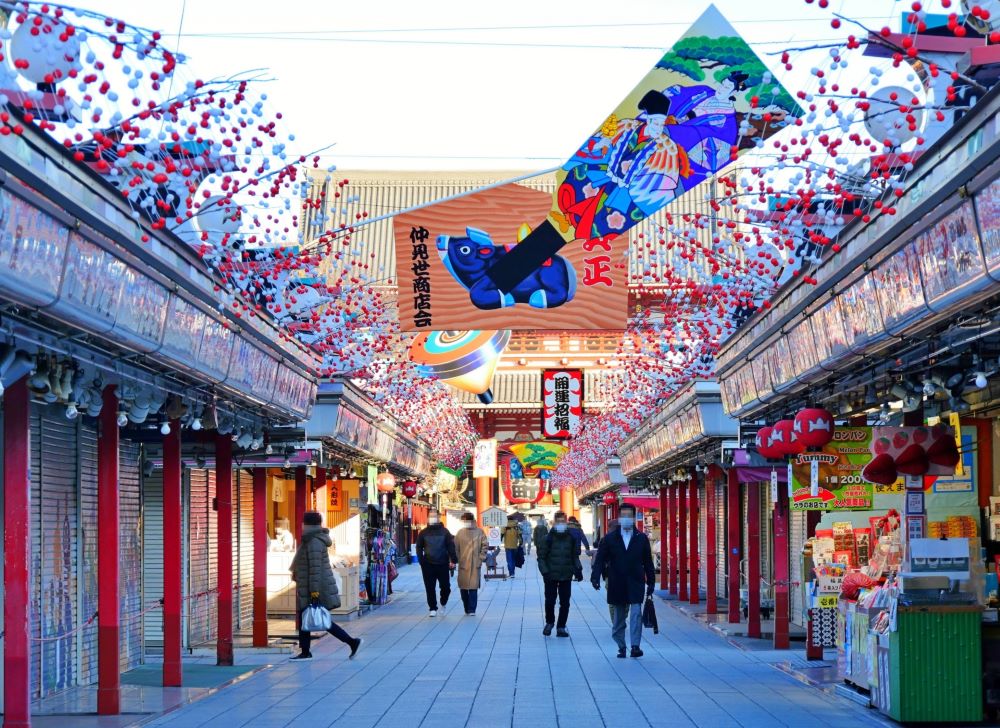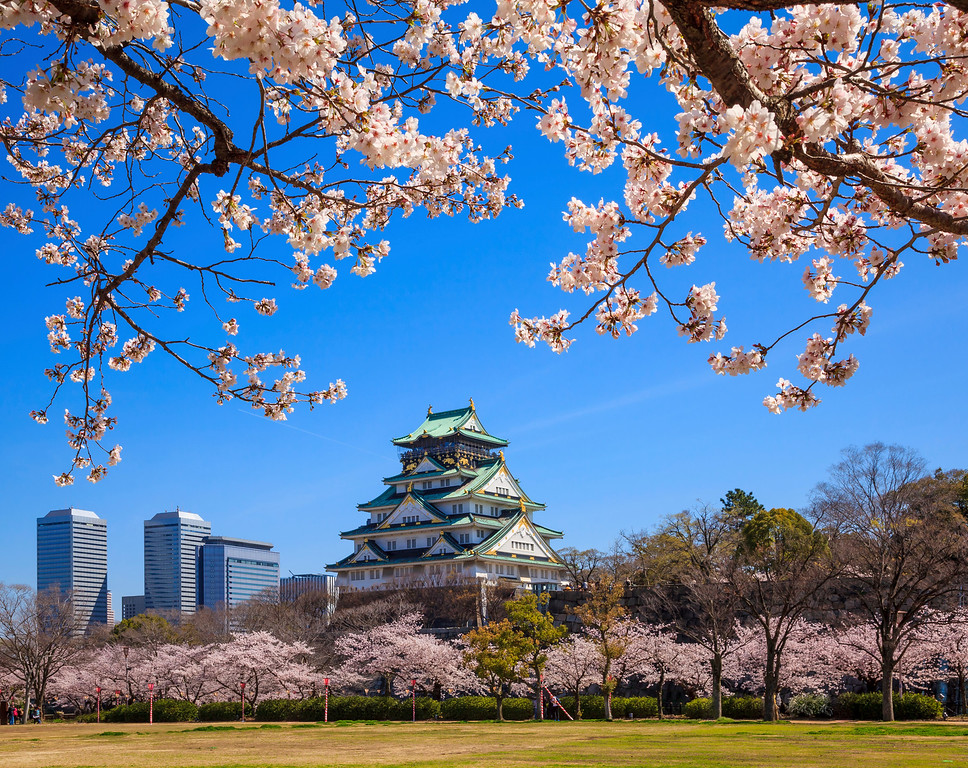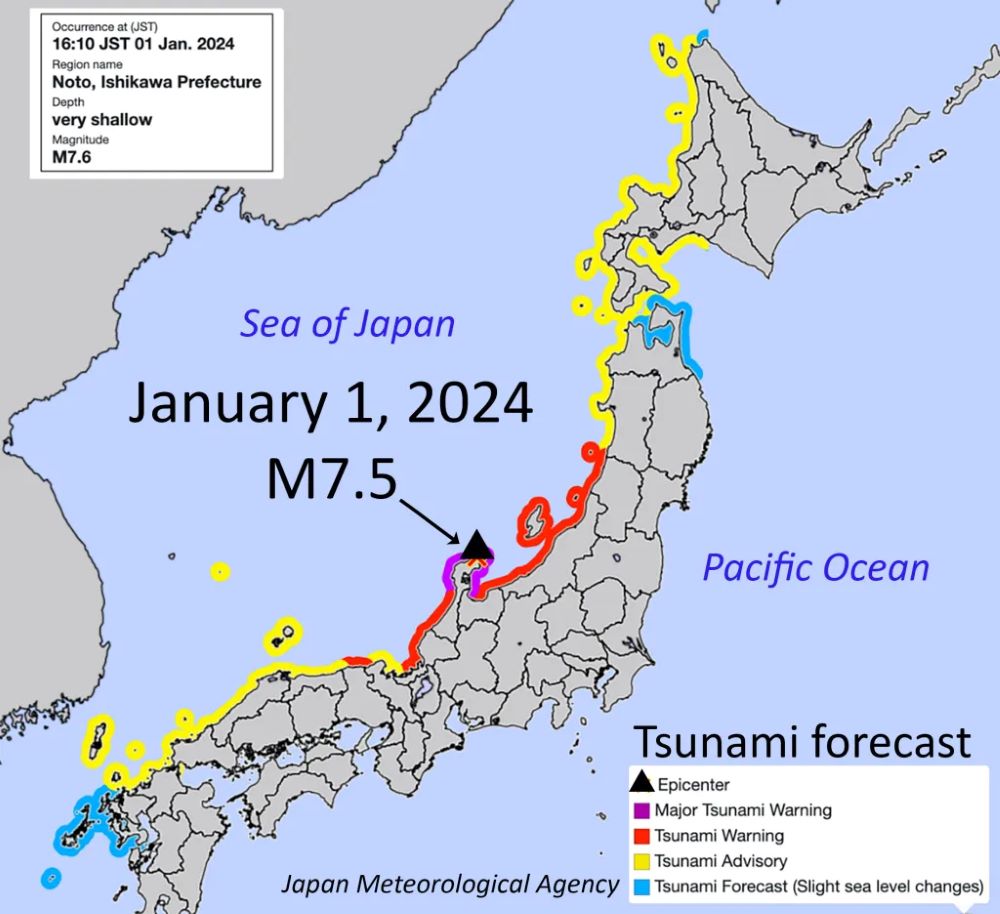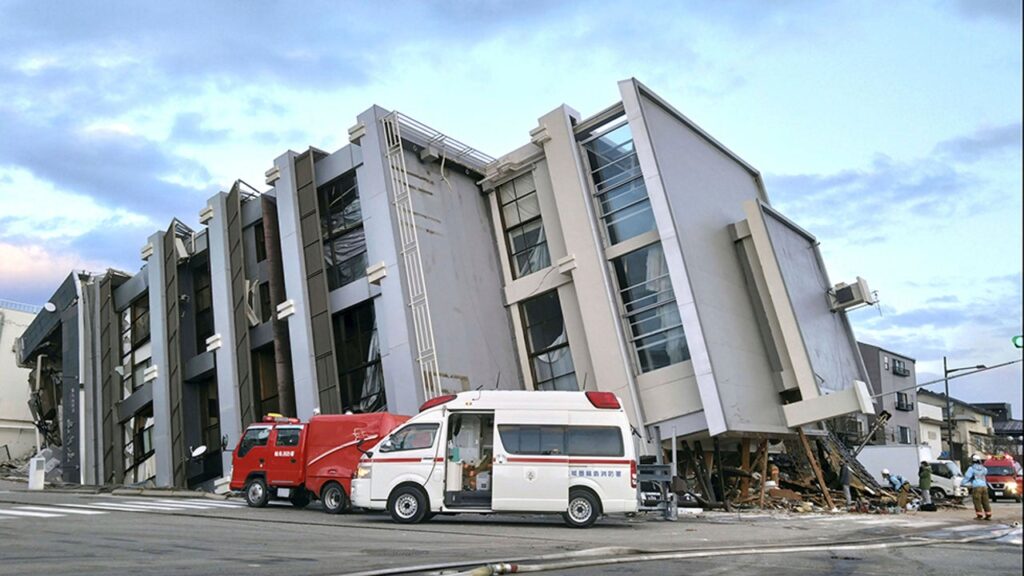Nội dung
Is it safe to travel to Japan right now? In light of the recent 7.6 magnitude earthquake that struck the west coast of Japan, particularly impacting Ishikawa province, travelers are understandably concerned about the safety of visiting the country. Despite the severity of the earthquake and its aftermath, it’s crucial to note that certain regions, such as Tokyo and Osaka, have not been significantly affected, ensuring a relatively secure environment for tourists. Please keep updated for 10 January 2024.
Identifying Unsafe Areas
Areas directly affected by the earthquake, including Niigata, Toyama, and Ishikawa, are currently deemed unsafe for travel. The New Year’s Day seismic activity, totaling more than 155 earthquakes across Japan, with the most powerful hitting Ishikawa, has resulted in road damage and traffic congestion in the affected regions.
Tokyo’s Safety Post-Earthquake
Tokyo, situated approximately 300 km from the earthquake’s epicenter on the west coast, experienced some building tremors due to aftershocks. Nevertheless, experts assert that the city, located on the east coast, remains a safe destination for tourists. However, an incident involving a passenger plane colliding with a coast guard plane at Tokyo Haneda Airport on January 2 has raised concerns about potential impacts on airport operations.
Considering a Visit to Osaka
Following Tokyo, Osaka stands as a popular destination for international tourists. Positioned about 350 km from the Noto Peninsula in Ishikawa Prefecture, opposite the earthquake’s epicenter, travel experts currently do not advise against visiting Osaka at this time.
Earthquake’s Impact on Specific Areas
The Noto Peninsula, particularly Wajima city, bore the brunt of the earthquake, resulting in at least 15 casualties and extensive damage to more than 100 buildings. Asachi-dori Street, renowned for its wooden structures, suffered the most significant impact. Nanao City was also affected, with various coastal areas across multiple prefectures experiencing damage, as listed by the British Foreign Office.
Tsunami Concerns in Japan
While a small tsunami did occur after the January 1 earthquake, authorities lifted the tsunami warning by the following morning. The Meteorological Agency’s latest forecast indicates minimal changes in sea level, with the warning set at the lowest level.
Recommendations for Traveling to Japan
For those still considering a trip to Japan during this period, it is advisable to purchase travel insurance that covers potential issues such as trip cancellations resulting from natural disasters. In the event of being in an affected area, travelers should adhere to instructions from local authorities and stay informed about the situation.
Flight Disruptions and Cancellations
On the evening of January 1, Japan’s two major airlines, All Nippon Airways and Japan Airlines, had to cancel 15 and 9 flights, respectively. Additionally, all flights at Noto Airport were canceled the following day, highlighting the potential disruptions in air travel due to the aftermath of the earthquake.
Finally, is it safe to travel to Japan or not?
In conclusion, while the recent earthquake in Japan has undeniably left its mark on certain regions, it’s essential for prospective travelers to approach their plans with a nuanced understanding of the situation.
Tokyo and Osaka, major tourist hubs, have proven to be relatively unscathed, ensuring a safer experience for visitors. However, caution is advised when considering travel to directly affected areas such as Niigata, Toyama, and Ishikawa.
The seismic activity has prompted temporary disruptions in air travel, with flight cancellations reported at major airports. Travelers are encouraged to stay informed, purchase comprehensive travel insurance, and adhere to guidance from local authorities if planning a trip to Japan during this time.
As the country undertakes recovery efforts, vigilance and preparedness remain key for a secure and enjoyable travel experience.
